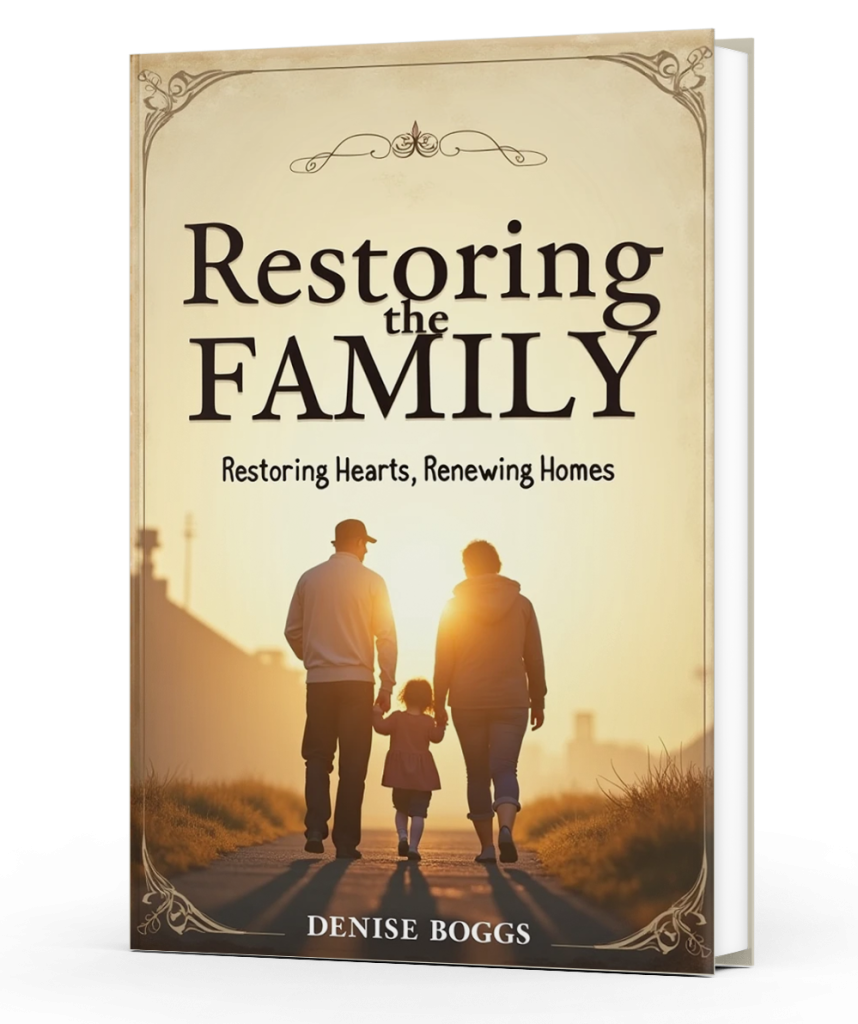Many people have felt the call to begin preparing and collecting supplies for several years. There has been a growing concern for the need to prepare, as recent world events have created increased awareness with the need to prepare.
There are many forums and networks now available for people to discuss preparation, and to learn new skills that will be helpful in the future. There is little doubt that people need to begin getting more serious and focused to adequately prepare for their family needs.
Some people who have already started preparing and collecting supplies have a pretty good idea of things they will need in the event of an emergency or a long-term crisis. Obviously, they are storing food and water and are collecting general need supplies like: first-aid kits, basic tools like flashlights, waterproof matches, firearms, and radio communication devices.
Those who are convinced that a long-term preparation strategy is needed have been developing skills and constructing seed banks, alternative energy sources, and even extended safety shelters. It is now common to hear discussions about “living off the grid”. To me, a more long-term strategy is necessary.
That being said, there are a few modern versions of many preparation items that some people may want to utilize in dealing with a catastrophe. I prefer a much more off-grid approach, but I certainly recognize the varying needs people may have. Depending on where you are in the preparation scale, you may have a need for some of the more modern devices to give you a greater sense of readiness. Obviously, those who are preparing to completely “go off grid” will likely not find a need for these modern devices in their preparation planning. What is important is that you identify what your personal needs are, and which items require that modern touch in order to be of better service to you.
For those who are more casual modern preppers, your emergency preparation supplies should always include an extra cell phone battery. If some calamity strikes that knocks out phone lines, a cell phone may be the only way you’ll be able to contact your family and other important individuals. The extra use of the phone to try and get through to others will inevitably drain the power of your battery, which will mostly likely not be fully charged anyway. The extra battery is a very good idea, or at least you should get a charger that operates with a hand crank.
Modern emergency supplies now often include a generator. This will allow you to continue running basic appliances and provide light and heat for you and your family. The problems with running a generator come down to having the space for such a machine, and having enough fuel to keep it running. If you have enough storage space so there is plenty of gasoline to last for several days, then a generator can really make the difference between a mildly uncomfortable and a terrible experience.
Everything is on computers nowadays, and this means that if a disaster does strike, then important information can be lost. That said, most companies and governments make regular backups of important information, and so presumably things can be reinstated somewhat smoothly after the crisis has passed. If your home emergency supplies include an external hard drive with a backup of all your important financial data, then you can ensure that you won’t lose money if there is any confusion with accounting when businesses start back up.
In most cases, emergency preparation will be of better use to you if you take advantage of technology, but also prepare yourself to live indefinitely without it if necessary. The more modern the devices, the greater the chance that they will provide you with more effective help – but, also may be more prone to hacking, intervention, and monitoring.
Above all, get prepared for the unexpected.





